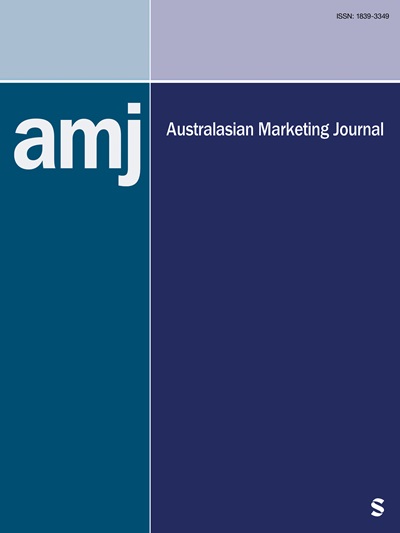为什么消费者会原谅在线旅行社?多研究方法
IF 3.8
Q2 BUSINESS
引用次数: 3
摘要
本文研究了在线旅行社(OTA)环境下消费者对服务故障的在线恢复策略的反应。该研究还考察了正义和宽恕在在线服务恢复过程中的作用。首先,采用定性研究来探索服务提供商实施的主要策略。此外,我们从一项调查(n = 335)基于刺激-组织-反应(S-O-R)框架和正义理论,使用关于OTA背景下服务失败的在线问卷来检验所提出的关系。使用CB-SEM和fsQCA对数据进行分析。结果表明,反应速度、解释、礼貌和解决问题是至关重要的在线恢复策略。研究结果还强调,消费者感知到的正义和宽恕在在线恢复过程中发挥着至关重要的作用。fsQCA结果表明,五种解决方案(即因果前因的各种组合)可以促进再管理意图的形成。我们的研究丰富了服务失败文献。我们的研究结果可能有助于在线旅行社设计合适的策略,以减少服务失败对客户的负面影响。本文章由计算机程序翻译,如有差异,请以英文原文为准。
Why do Consumers Forgive Online Travel Agencies? A Multi-study Approach
This paper investigates how consumers respond to online recovery strategies in response to a service failure in the online travel agencies (OTA) context. The study also examines the role of justice and forgiveness in the online service recovery process. Firstly, a qualitative study was employed to explore the predominant strategies exercised by the service providers. Further, we collect the data from a survey ( n = 335) using an online questionnaire about service failure in the OTA context to examine the proposed relationship based on Stimulus–Organism–Response (S-O-R) framework and Justice theory. The data was analysed using CB-SEM and fsQCA. Results show that response speed, explanation, courtesy and problem-solving are crucial online recovery strategies. Results also highlighted that consumers’ perceived justice and forgiveness play a crucial role in the online recovery process. The fsQCA results showed that five solutions (i.e. various combinations of causal antecedents) could facilitate the formation of repatronage intention. Our study enriches service failure literature. Our findings may help online travel agents design suitable strategies to reduce the negative effect of service failure on their customers.
求助全文
通过发布文献求助,成功后即可免费获取论文全文。
去求助
来源期刊

Australasian Marketing Journal
BUSINESS-
CiteScore
14.90
自引率
16.70%
发文量
25
期刊介绍:
The Australasian Marketing Journal (AMJ) is the official journal of the Australian and New Zealand Marketing Academy (ANZMAC). It is an academic journal for the dissemination of leading studies in marketing, for researchers, students, educators, scholars, and practitioners. The objective of the AMJ is to publish articles that enrich and contribute to the advancement of the discipline and the practice of marketing. Therefore, manuscripts accepted for publication will be theoretically sound, offer significant research findings and insights, and suggest meaningful implications and recommendations. Articles reporting original empirical research should include defensible methodology and findings consistent with rigorous academic standards.
 求助内容:
求助内容: 应助结果提醒方式:
应助结果提醒方式:


